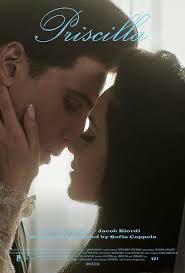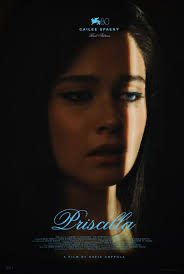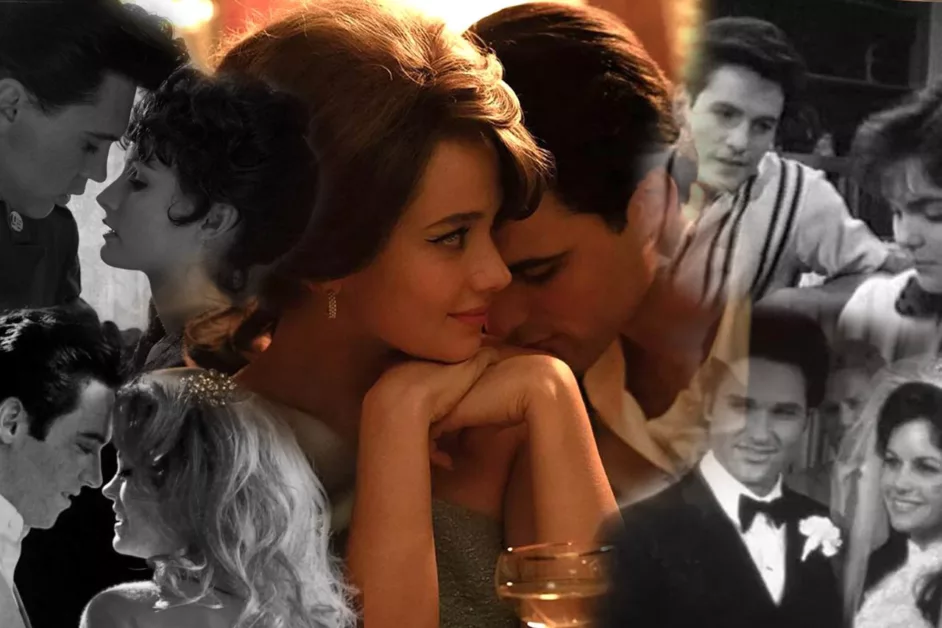
Although the tale of the lady married to the most well-known guy in the world has been told before, Sofia Coppola’s Priscilla is the first to give her leading role. She is only recognised by virtue of her closeness to greatness in the 1988 TV movie Elvis and Me, which, like Coppola’s film, is adapted from Priscilla Beaulieu Presley’s 1985 biography. When comparing Priscilla to the earlier adaption, it can seem as though you’re seeing double. This effect is amplified by the numerous other movie renditions of Elvis Presley’s life story, in which Priscilla plays a variety of roles from co-lead to bit player.
In many Elvis films, Priscilla barely makes an appearance, while in others, she plays a supporting role. Elvis Meets Nixon (1997) features Alyson Court’s Priscilla, who appears briefly but has the chance to bug the King of Rock ‘n’ Roll about his financial decisions. Finding a sharper contrast, however, is difficult when comparing Priscilla to Baz Luhrmann’s Elvis, which was released in the previous year. Priscilla, played by Olivia DeJonge, first appears in Baz Luhrmann’s expansive opus almost an hour in. She is the 14-year-old daughter of an Air Force officer, and she meets Elvis (Austin Butler), who is a GI stationed in Berlin.

There’s no separating Priscilla’s story from Elvis’, and although she has lived nearly 50 years after his death, the tellings tend to stop when he does. Even Elvis and Me, which devotes 15 minutes to Priscilla’s pre-Elvis childhood, ends with a montage of Elvis photos—what’s an “and me” without its famous precursor? But when Priscilla is done with Elvis, Priscilla is too. After she leaves him in a Las Vegas hotel room, a stray tear hanging from his nose, we never see him again.
